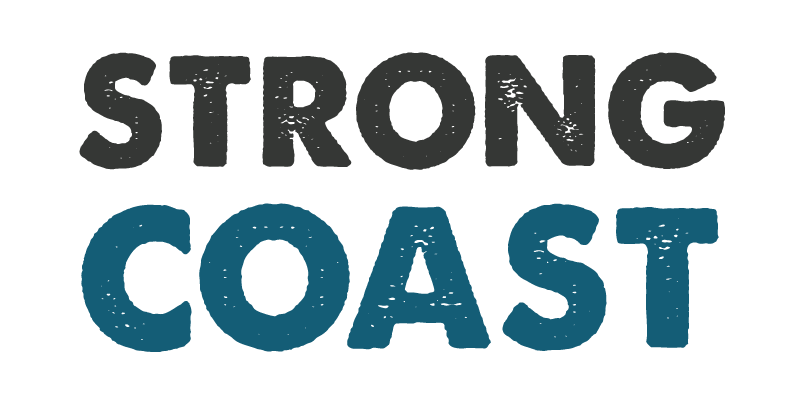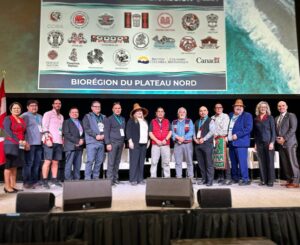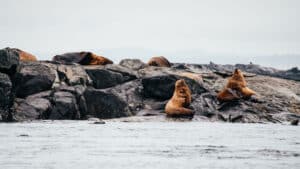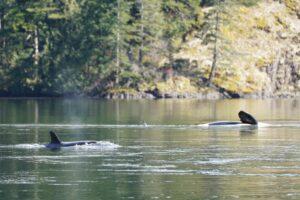
The recent endorsement of the Great Bear Sea Marine Protected Area (MPA) Network by 15 First Nations, along with the federal and provincial governments of Canada, marks a significant advancement in the stewardship and defence of BC’s coastal waters. This groundbreaking initiative, also known as the BC Northern Shelf Marine Protected Area Network, will protect 30,000 square kilometres (30%) of the Great Bear Sea, which stretches from Northern Vancouver Island to the Alaska border.
Why Do BC’s Coastal Waters Need Protecting?

The Great Bear Sea MPA Network was developed over two decades of collaborative effort. Spearheaded by Coastal First Nations, this Indigenous-led project is set in a region that includes the Great Bear Rainforest. This area not only includes one of the world’s largest intact temperate rainforests but also houses a vibrant marine ecosystem. For thousands of years, this area’s abundance has given the communities that live here the crucial resources they need to thrive.
However, years of mismanagement, which has included overfishing by industrial fishing fleets, destructive bottom trawling, and unchecked poaching, have depleted fish stocks and damaged or destroyed habitats, leading to a loss of biodiversity and income for local fisherfolk.
These activities, spearheaded by industrial extractionists, have damaged the region’s long-term economic viability. While the companies responsible have been able to benefit from quick profits, the locals, who call the coastal waters and lands of the region home, have been left to deal with the economic fallout of numerous fledgling fisheries.

Christine Smith-Martin, executive director for Coastal First Nations, emphasized the deep connection between the health of communities and coastal ecosystems. The stewardship of the Great Bear Sea is underpinned by millennia of Indigenous knowledge and practices, affirming that the right to use the coastal waters comes with the responsibility to protect them.
The Great Bear Sea region is home to a multitude of marine species, including over 64 types of fish, 70 bird species, and 30 kinds of marine mammals. The network of individually protected sites will conserve biodiversity hotspots, endangered species, and areas of cultural importance to First Nations while also helping rebuild depleted fish stocks.

The Mamalilikulla Nation’s establishment of the Gwaxdlala/Nalaxdlala marine refuge in Knight Inlet, which will be integrated into the network, is a great example of how BC communities are using sustainable fisheries management. This refuge protects a rare coral and sponge garden, a crucial habitat for over 240 marine species and of high cultural significance to the Mamalilikulla.
The Great Bear Sea MPA Network, a harmonized effort in marine conservation, is a testament to the power of collaborative governance and the integral role of Indigenous leadership in sustaining the health and diversity of Canada’s coastal waters.
Read more about this historical tripartite agreement between the First Nations, and the federal and provincial governments and what the Great Bear Sea MPA Network will mean for communities on BC’s coast.



